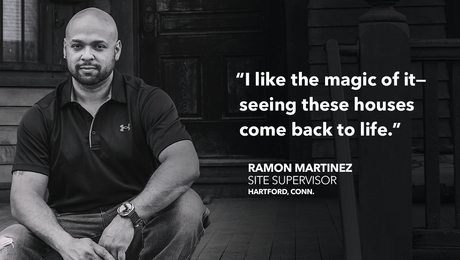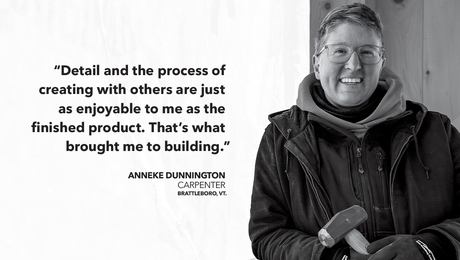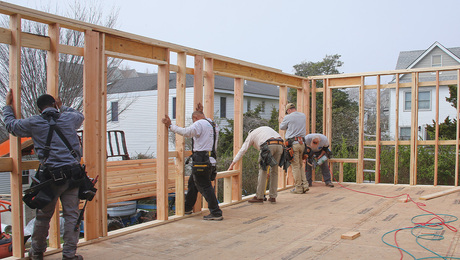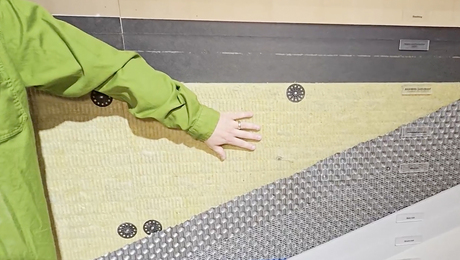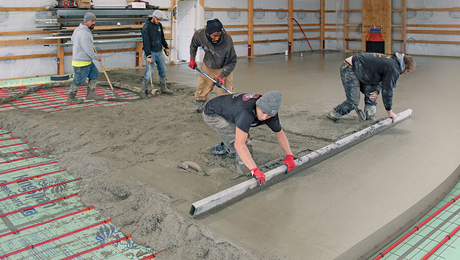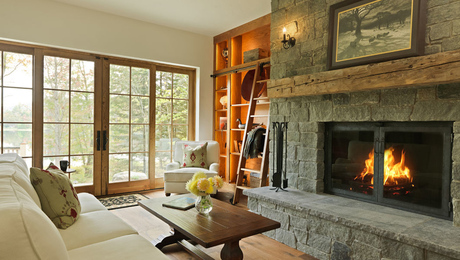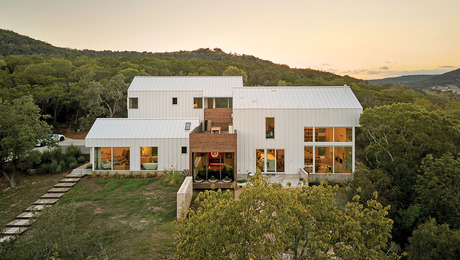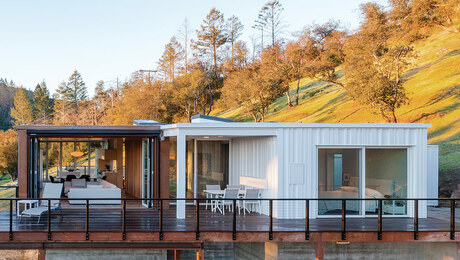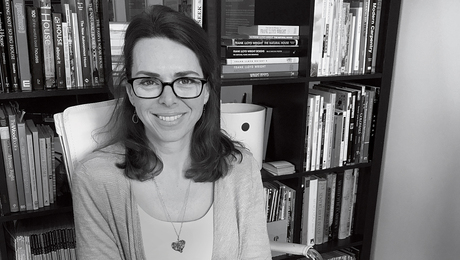Elizabeth Disalvo, Architect
A willingness to collaborate has helped Elizabeth Disalvo and her architectural firm to offer lower-cost energy-efficient pre-desgned prefab homes.
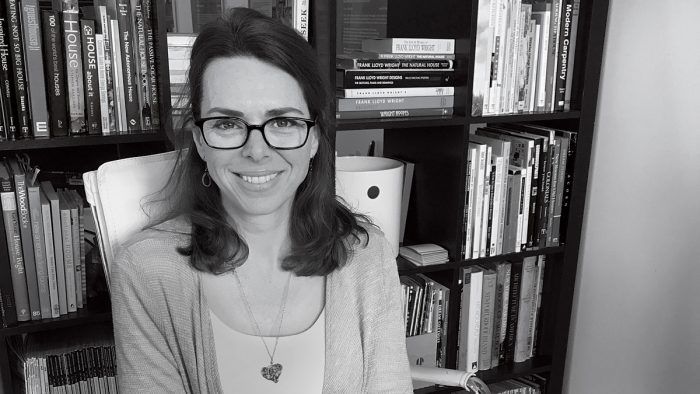
Architect Elizabeth DiSalvo has a vision of a world in which all of our homes are self-contained biospheres on their own little pieces of land, producing their own energy and supplying their own water and food. Through her Connecticut-based firm Trillium Architects, Elizabeth and her team are making strides to realize that very opportunity for like-minded clients by delivering designs for zero-energy and zero-energy-ready modern homes.
The houses Trillium designs are attractive and contemporary, and at home among the neighborhoods and communities of the Northeast. In fit and finish, the homes she designs have all the amenities and aesthetics clients yearn for, yet they’re built with some of the most progressive building-performance practices possible. “Of course I want to be able to build an amazing, beautiful house,” she says. “But at the same time I want that house to be responsible.”
Elizabeth recognizes the tension among the impact of Trillium homes, the cost of their construction, and the exclusive bent that custom homes can have within communities, and she uses it to drive innovation at Trillium. In response to wealthy clients seeking more and more extravagant homes, Elizabeth and her team started a branch within the firm to deliver SEED homes—smaller, lower-cost prefab homes aimed at families who want well-designed, high-performance houses but who can’t afford custom homes with construction costs in excess of $450 per sq. ft. SEED homes range from 850 sq. ft. to 4000 sq. ft. (Elizabeth and her team often try and talk clients into smaller homes.) “They’re not cheap, but they’re all net-zero and are more attainable than custom builds,” she says.
As with many progressive homes coming out of the custom and performance side of the residential construction industry, the resulting craft and quality in Trillium projects is driven by team dynamics. “Everyone involved has to be open-minded, willing to learn, and enthusiastic about the goals,” Elizabeth says. “A willingness to collaborate is all you need.”
—Rob Yagid, executive director, Keep Craft Alive
Hear Rob Yagid’s interview with Elizabeth on the Keep Craft Alive Podcast.
From Fine Homebuilding #306
Photo: courtesy of Trillium Architects
RELATED STORIES
